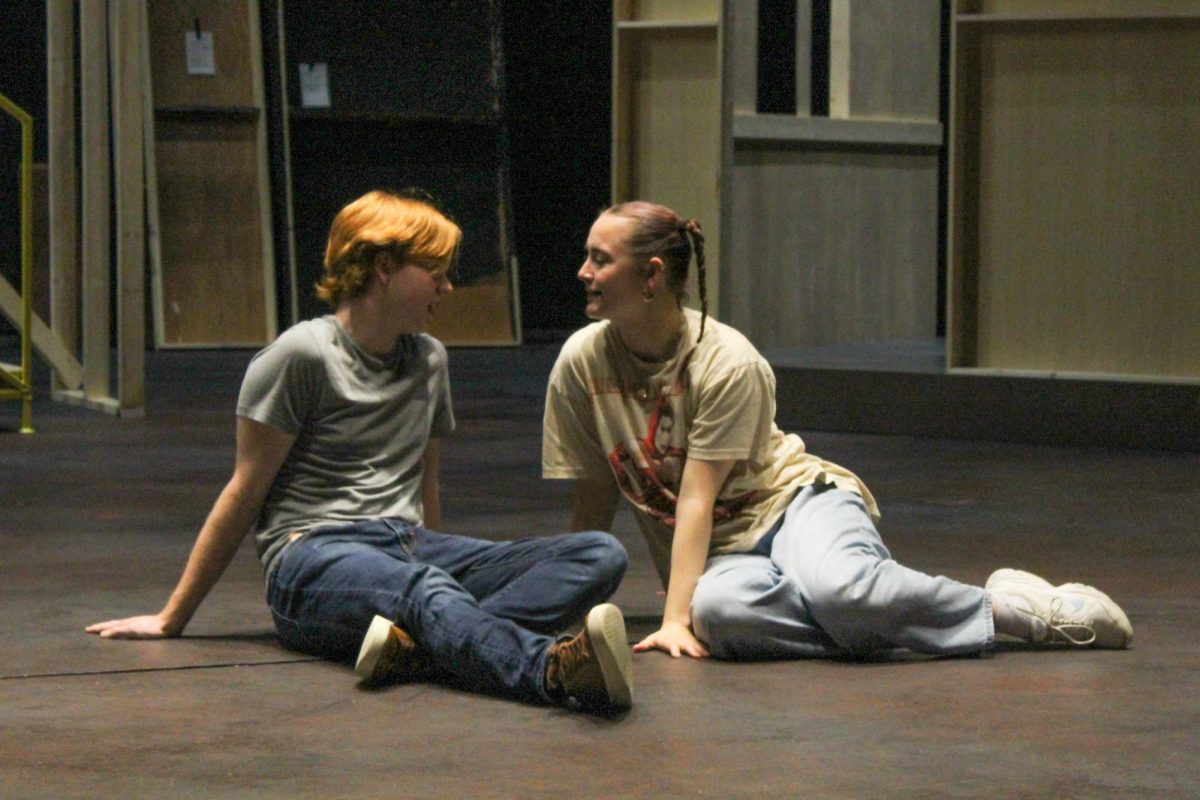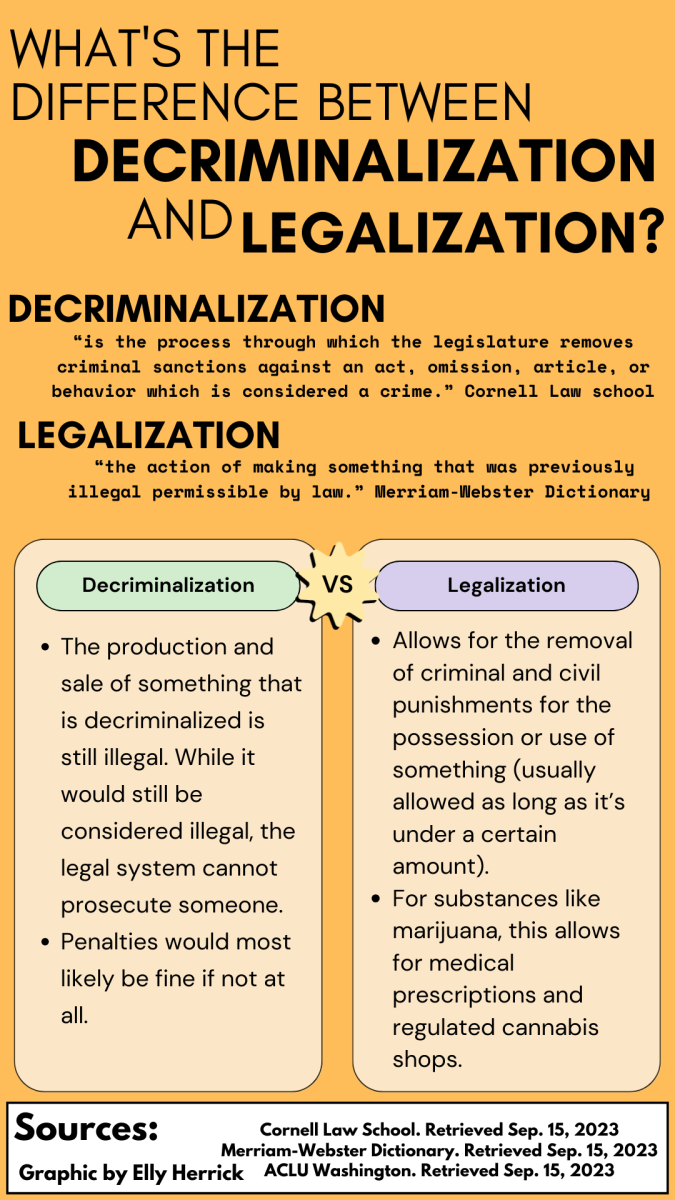Hannah Jones/Winonan
“April showers bring May flowers,” or so the rhyme goes, but Winona’s current poet laureate Emilio DeGrazia said he couldn’t find much poetry in this month—the month of April Fools, chilly weather and the highest percentage of suicides in the year—at all.
Yet, last Wednesday, DeGrazia spoke at an athenaeum presentation about April poetry.
His only published book of poems, “Seasonings”, explores the poetry that draws inspiration from the seasons and the passage of time. The poetry of the concept, DeGrazia said, was in the natural processes of life and death that occur with the yearly cycle.
But why April?
As T.S. Eliot once said, “April is the cruelest month.” This may be especially true of April in Minnesota, and even true of this year’s April in Minnesota.
We’ve had record-breaking cold temperatures and sluggish snowmelt, and what soggy warm days we’ve had have been followed by frigid nights. Everything that melts re-freezes, and the world stays flatly, stubbornly brown.
With dreams of sun, green grass and flowers so close at hand, could April get much crueler? Could a poem be made of that?
According to DeGrazia, a poem can be made of pretty much anything.
“Poetry,” DeGrazia said, “is special attention to ordinary things.”
Rather than reaching for idyllic, poetic subjects, DeGrazia writes poetry that comes out of the everyday. His selections that day ranged from an ode to dung beetles, who have recently been discovered to use the alignment of the stars in the milky way to navigate, and a piece called “My Mother’s Underwear.”
If there is poetry in “My Mother’s Underwear,” surely there is poetry in April.
And, said DeGrazia, we as a people have a need to find that poetry.
“I think it derives from our need to sing,” he said, “to bring music to our silences.”
While very few people make a practice of poetry, DeGrazia said, almost everyone undergoes what he called “poetic impulse,” the sporadic poetic moments that come to the average person when he or she is moved by something he or she observes. These quiet moments of clarity, of appreciation, happen far more frequently than poems that actually come to fruition.
“Everyone is called,” DeGrazia said, “but only a few respond.”
When DeGrazia was young, he was called, and he responded. His first poem was written in sixth grade, about the first voyage of Columbus on the Niña, the Pinta and the Santa Maria. DeGrazia, published author and poet laureate, recalled that he had a hard time finding a rhyme for “Santa Maria.”
“I can understand why they don’t respond,” he said, shrugging. “It’s hard.”
Nonetheless, he continued to answer the call.
Over his years he wrote the occasional piece of poetry, until he finally gathered these “leaves of grass” together to form “Seasonings”, his first and only published book of poetry, in 2012.
In spite of the long and sometimes difficult road to DeGrazia’s book, his advice for budding poets was surprisingly simple. He recommended studying some of the great poetry of the past, from Whitman, Dickenson, Shelley and Keats to the sonnets written in the Renaissance.
“They were particularly sensitive to form and elegance of language,” he said.
Beyond that, he recommended that aspiring poets simply take time to observe. Poetry, he said, begins with simply seeing something, whether big or small, and finding it worthwhile.
“Pay attention to the ordinary in its many contexts, and keep trying to find words,” he said. The poetry method he described was not a bolt of lightning or inspiration, but rather a quiet thought process that eventually fitted itself into the frame of language—of song.
According to DeGrazia, poetic impulse and poetic practice will always be a part of human nature, because we keep “reinventing” the world through our eyes. Through the perspective of each individual human being, even a month like April—the brown month, the dead month, the wet month, the cruel month—can become a poem.
As DeGrazia continued to read selections of his work, a wet breeze stirred outside the library window, kicking up bare tree branches and stirring limp, yellow blades of grass, perhaps bringing with it just the slightest hint of rain.
Contact Hannah at [email protected]

































































